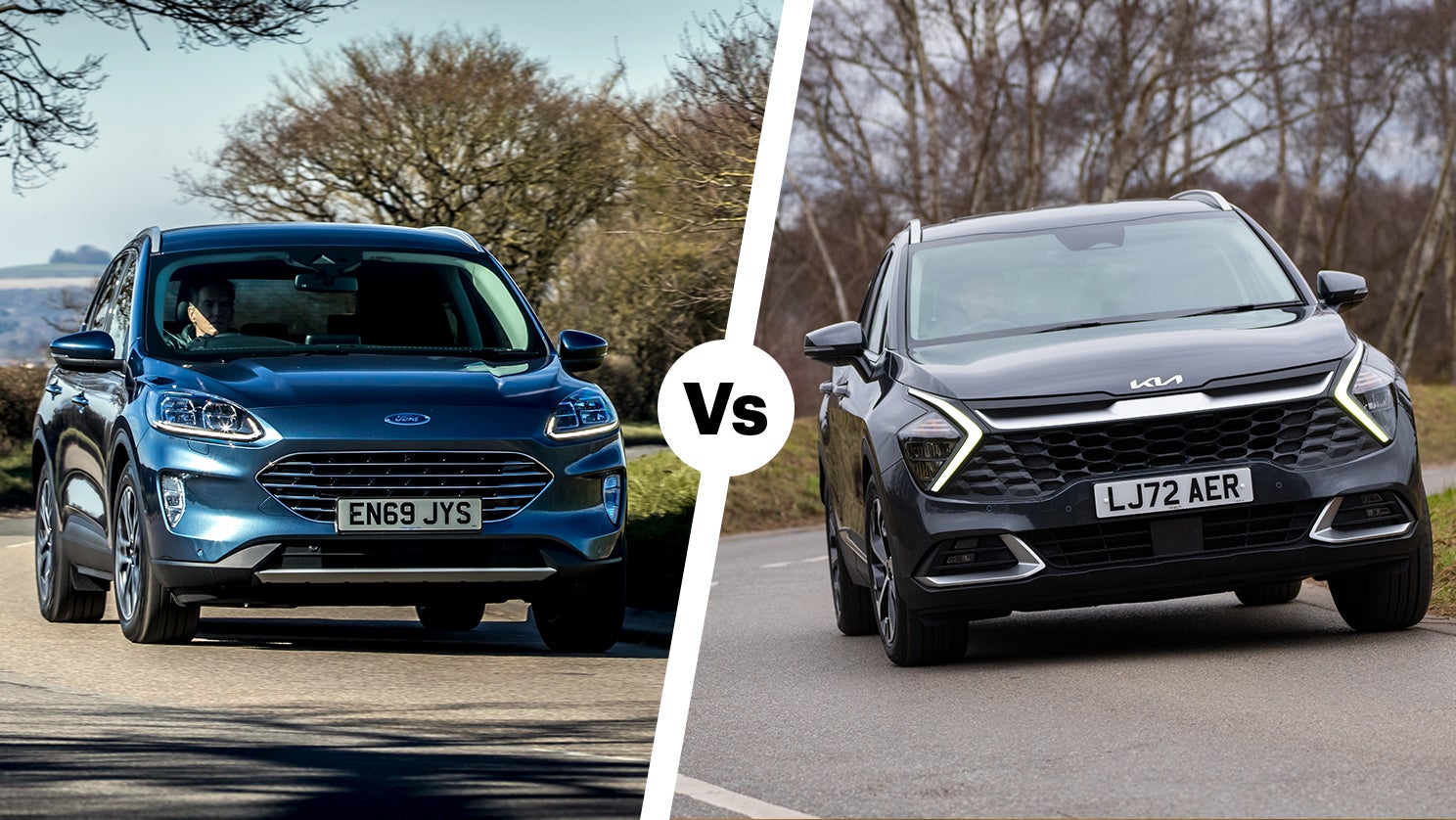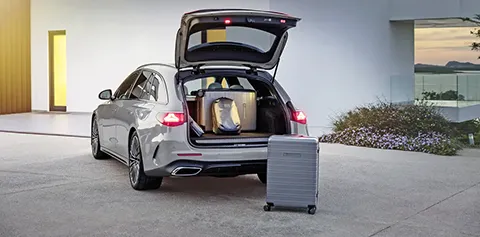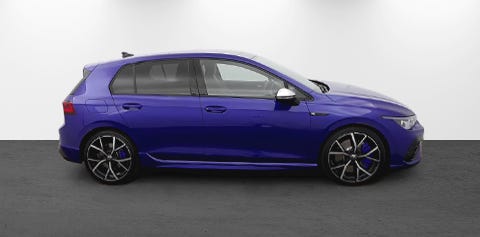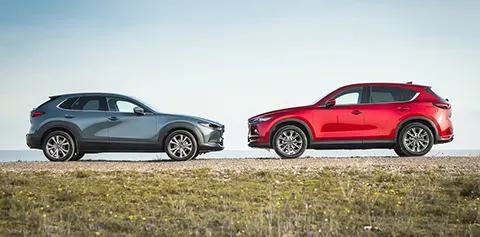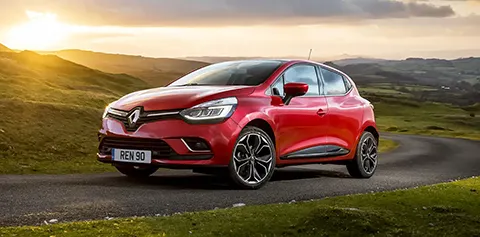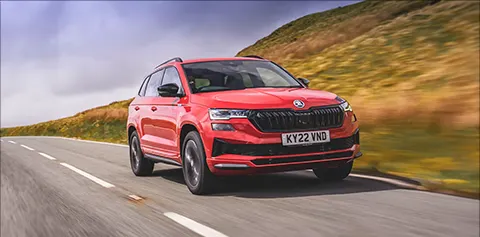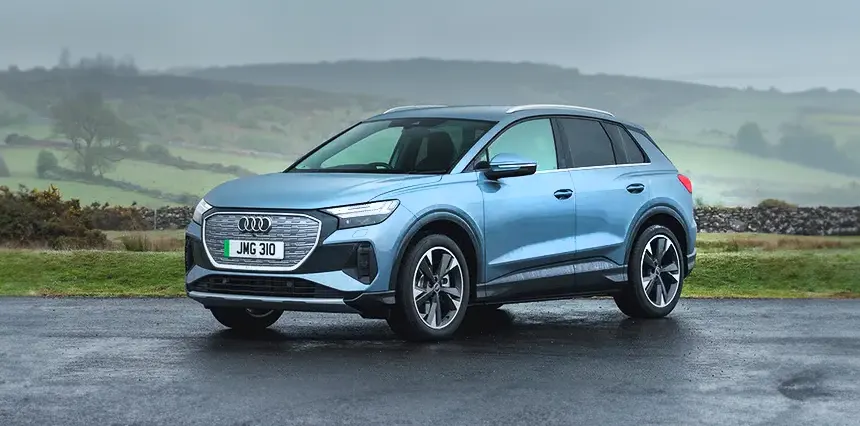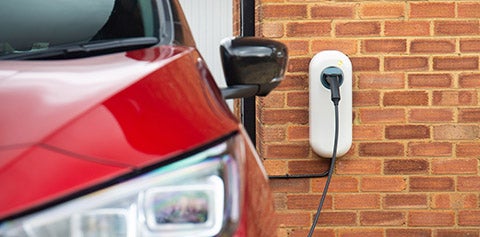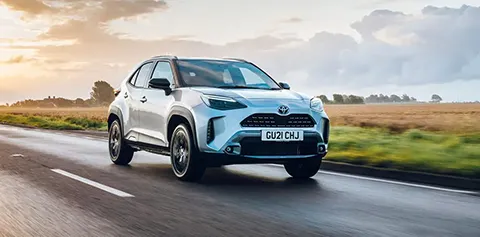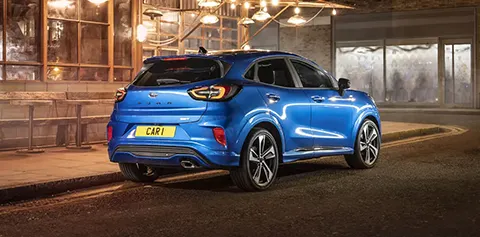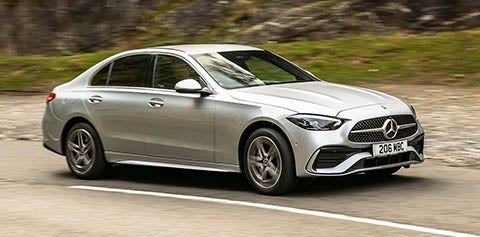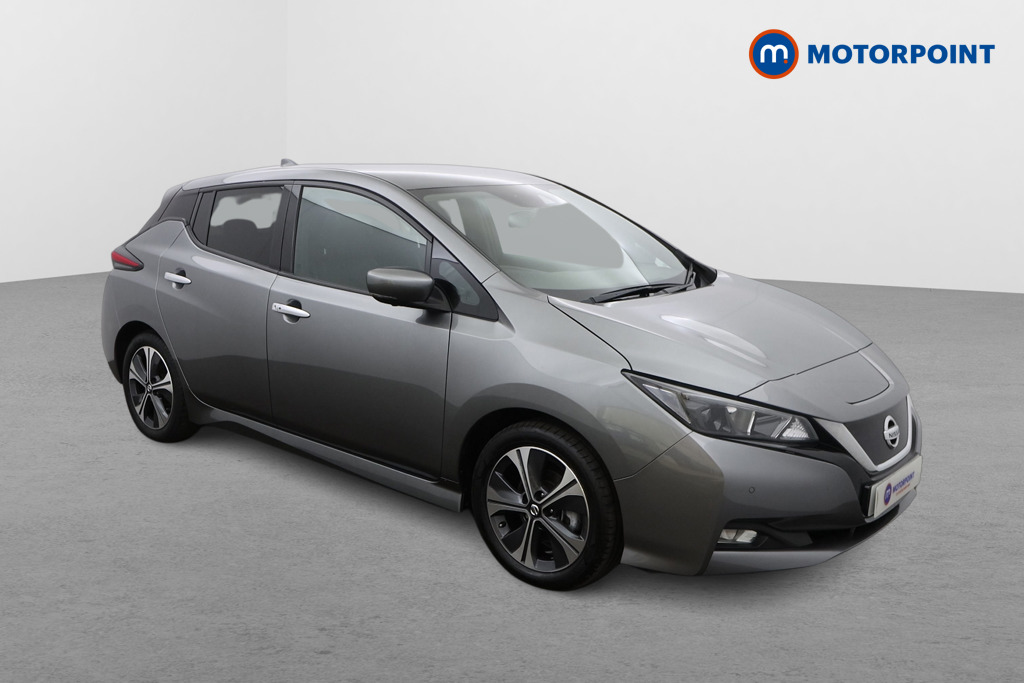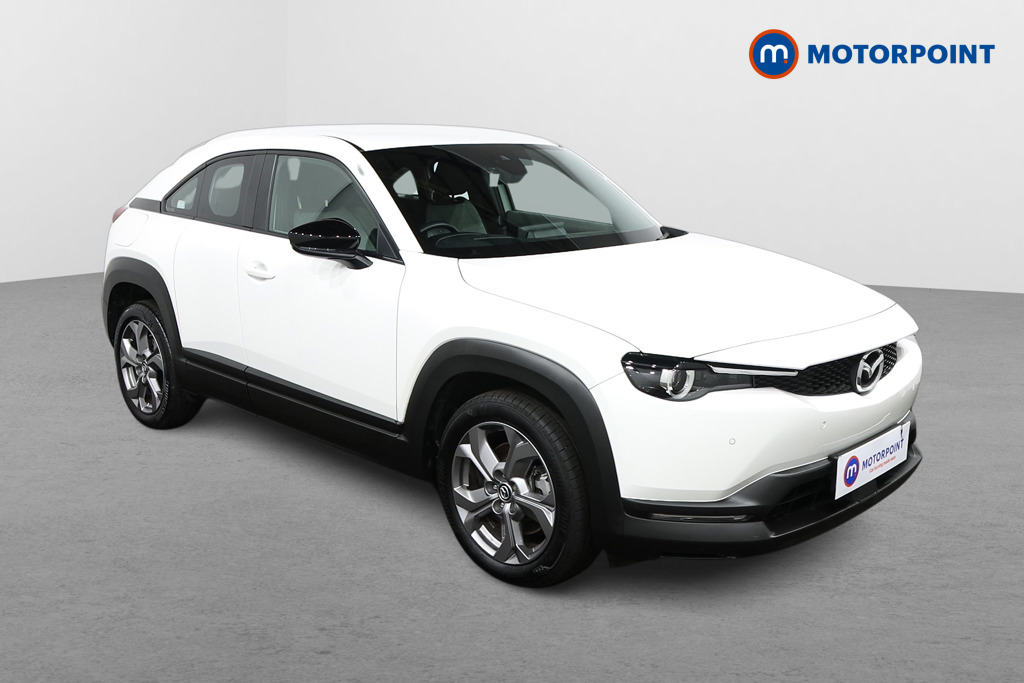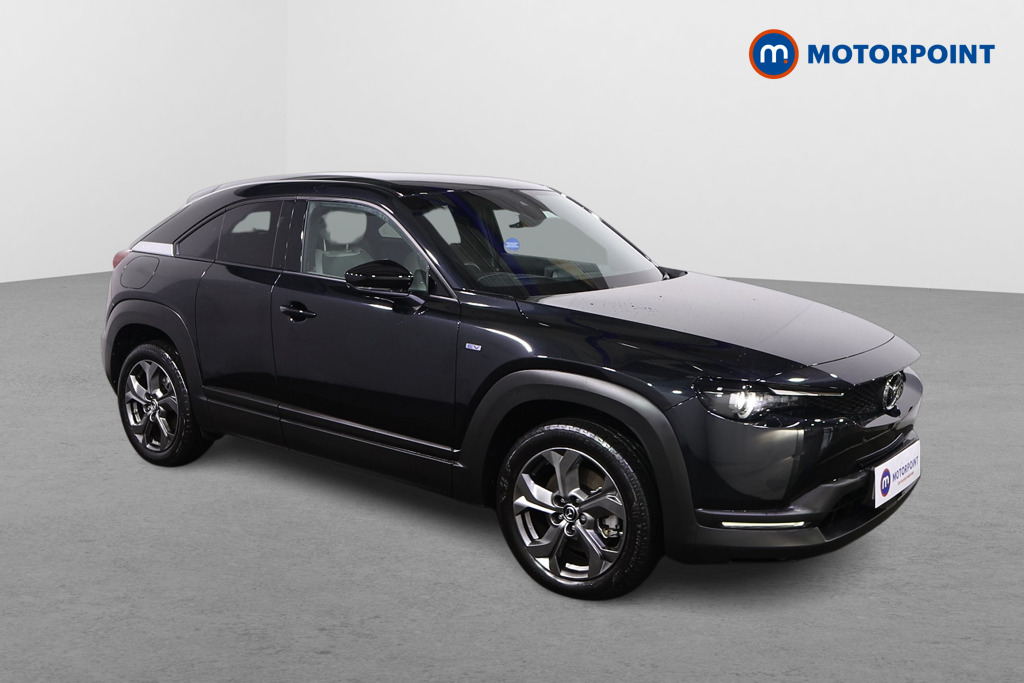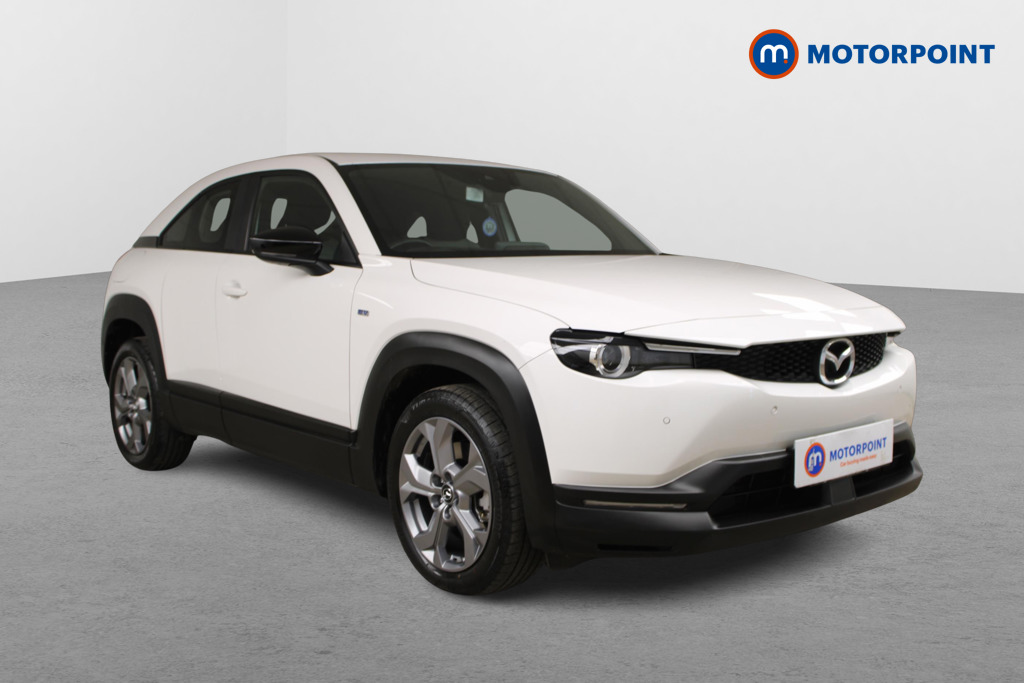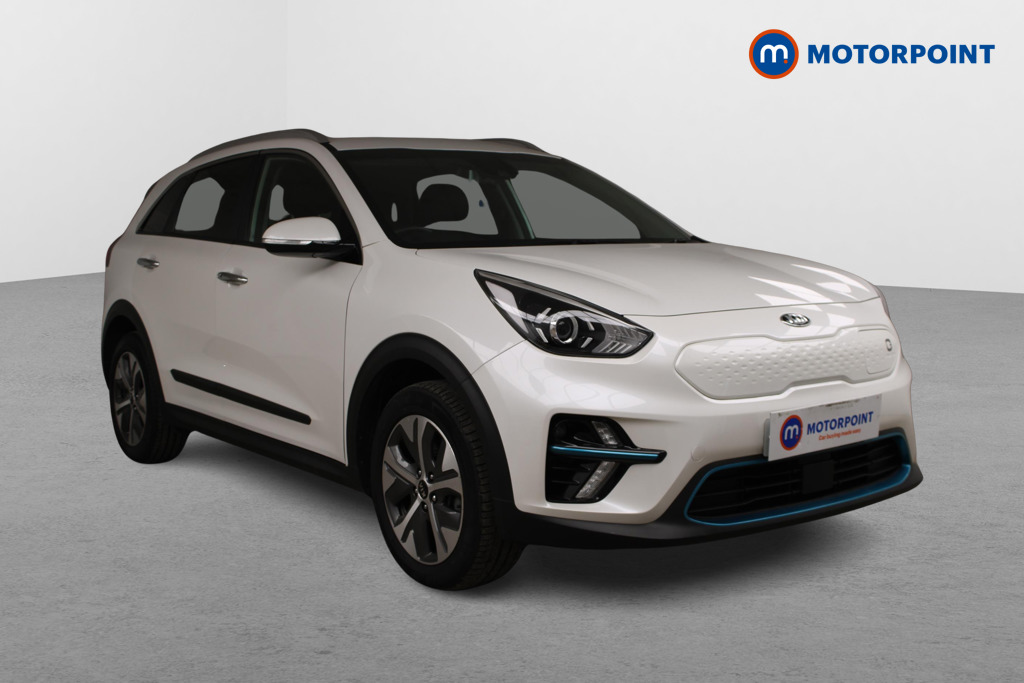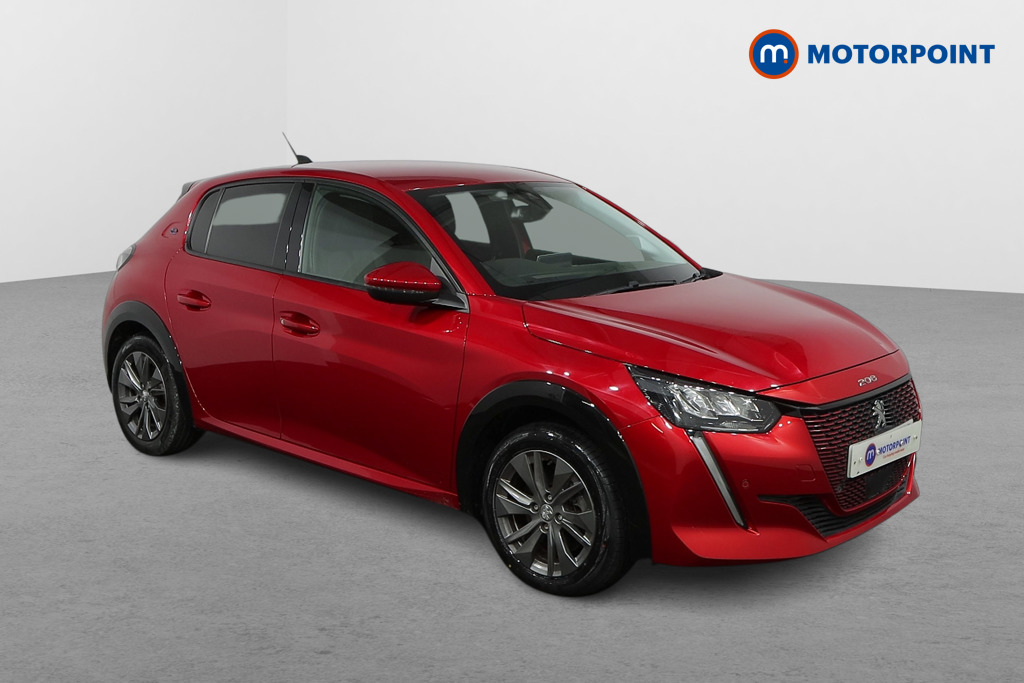-
- Buy
-
Buy
- All Cars
-
Browse all cars Popular makes Popular modelsAll Cars
- Audi A3
- BMW 1 Series
- Ford Fiesta
- Ford Puma
- Hyundai Tucson
- Kia Sportage
- MG HS
- Nissan Qashqai
- Vauxhall Corsa
- Volkswagen Golf
- Volkswagen Polo
- Under £10,000
- £10,000-£20,000
- £20,000-£25,000
- Over £30,000
- Price drops - save over £500
- Finance
- Under £200/month
- £200-£300/month
- £300-£400/month
- Over £400/month
- By Make
-
Popular makesBy Make
- By Model
-
Popular modelsBy Model
- Audi A3
- BMW 1 Series
- Ford Fiesta
- Ford Puma
- Hyundai Tucson
- Kia Sportage
- MG HS
- Nissan Qashqai
- Vauxhall Corsa
- Volkswagen Golf
- Volkswagen Polo
 Shop our newest cars See nearly new cars with the latest reg plates
Shop our newest cars See nearly new cars with the latest reg plates Ford Kuga vs Kia Sportage comparison Which family SUV is best for you?
Ford Kuga vs Kia Sportage comparison Which family SUV is best for you? Trending: Fiat 500 Check out the small and stylish Fiat 500
Trending: Fiat 500 Check out the small and stylish Fiat 500 10 of the best small SUVs on sale Get inspired by our round-up of the best small SUVs
10 of the best small SUVs on sale Get inspired by our round-up of the best small SUVs - By Body Style
-
Body styleBy Body Style
 See all SUVs Want an SUV or crossover? Head right this way
See all SUVs Want an SUV or crossover? Head right this way Is an estate car right for you? Find out what an estate car is and whether you need one!
Is an estate car right for you? Find out what an estate car is and whether you need one! See all hatchbacks Check out our selection of family hatchbacks
See all hatchbacks Check out our selection of family hatchbacks The best SUVs and crossovers for families Get inspiration for your next family SUV with our handy list
The best SUVs and crossovers for families Get inspiration for your next family SUV with our handy list - By Budget
-
Price Monthly budgetBy Budget
 Discounted cars Browse all car that have dropped in price
Discounted cars Browse all car that have dropped in price The best used cars under £10,000 See the best affordable used cars on sale
The best used cars under £10,000 See the best affordable used cars on sale £200-£300/month Browse used cars costing £200-£300 per month
£200-£300/month Browse used cars costing £200-£300 per month The best used cars under £20,000 Got a budget of £20,000? These are our picks for you
The best used cars under £20,000 Got a budget of £20,000? These are our picks for you - Electric Cars
-
Browse all electric cars Popular makes Popular models Monthly budgetElectric Cars
 10 of the best electric cars you can buy On the lookout for an EV? Here are 10 of the best
10 of the best electric cars you can buy On the lookout for an EV? Here are 10 of the best How much does it cost to run an electric car? See the real-world costs of EV life
How much does it cost to run an electric car? See the real-world costs of EV life - Hybrid cars
-
Browse all hybrid cars Popular makes Popular models Fuel typeHybrid cars
Hybrid buying guides
 10 of the best used hybrids you can buy Fancy a bit of electric power? Try one of these!
10 of the best used hybrids you can buy Fancy a bit of electric power? Try one of these! What are mild hybrids? Are they worth it? Find out if a mild hybrid car is right for you
What are mild hybrids? Are they worth it? Find out if a mild hybrid car is right for you - Vans
-
Browse all vans Popular makes Body style By budgetVans
- Reviews
-
Read all reviews Research your next carReviews
Latest car reviews
 Mercedes C-Class review Mercedes' latest C-Class is a rare sight – but is it any good?
Mercedes C-Class review Mercedes' latest C-Class is a rare sight – but is it any good? MG HS review Find out whether this budget mid-size SUV is worth a look
MG HS review Find out whether this budget mid-size SUV is worth a lookLatest best lists
 10 of the best estate cars Need a big boot but don't want an SUV? Head this way…
10 of the best estate cars Need a big boot but don't want an SUV? Head this way… The best hybrid 4x4s 4x4s used to have big fuel bills – but not these hybrids
The best hybrid 4x4s 4x4s used to have big fuel bills – but not these hybrids - Aftercare
-
Warranty & Insurance Motorpoint ProtectAftercare
 Motorpoint Warranty Find out what's covered
Motorpoint Warranty Find out what's covered - Stock Number Search
-
Stock Number SearchStock numberPlease check the stock number that you entered was correct. If so, this may mean that the vehicle you wanted to look at has been sold
-
- Sell
-
Sell your car Selling adviceSell
- How to get the most money for your car
- Can you sell a car on finance?
- What you need to know about part-exchanging
 Get a valuation Get a free no-obligation valuation for your car
Get a valuation Get a free no-obligation valuation for your car Your guide to part-exchange Find out all you need to know about part-ex
Your guide to part-exchange Find out all you need to know about part-ex -
- Reviews
-
Read all reviews Research your next carReviews
Latest car reviews
 Mercedes C-Class review Mercedes' latest C-Class is a rare sight – but is it any good?
Mercedes C-Class review Mercedes' latest C-Class is a rare sight – but is it any good? MG HS review Find out whether this budget mid-size SUV is worth a look
MG HS review Find out whether this budget mid-size SUV is worth a lookLatest best lists
 10 of the best estate cars Need a big boot but don't want an SUV? Head this way…
10 of the best estate cars Need a big boot but don't want an SUV? Head this way… The best hybrid 4x4s 4x4s used to have big fuel bills – but not these hybrids
The best hybrid 4x4s 4x4s used to have big fuel bills – but not these hybrids -
- Finance
-
FinanceFinance
 How does PCP car finance work? Find out about the most popular type of car finance
How does PCP car finance work? Find out about the most popular type of car finance Hire Purchase (HP) explained Find out all about hire purchase car finance
Hire Purchase (HP) explained Find out all about hire purchase car finance -
- Aftercare
-
Warranty & Insurance Motorpoint ProtectAftercare
 Motorpoint Warranty Find out what's covered
Motorpoint Warranty Find out what's covered
-
- Stores
-
View all stores England Scotland Wales Can't make it to a store? Contact our online teamStores
-
- About us
-
How To BuyAbout us
- Why choose Motorpoint?
- Motorpoint Quality Standard
- Price Promise
- Home delivery
- Reserve and collect
- 7 day exchange guarantee
- Same day driveaway
MyMotorpoint
Sign out
Help & Support
-
Call 01332 227 227Lines closed, open Fri 8:30am
- Stores

